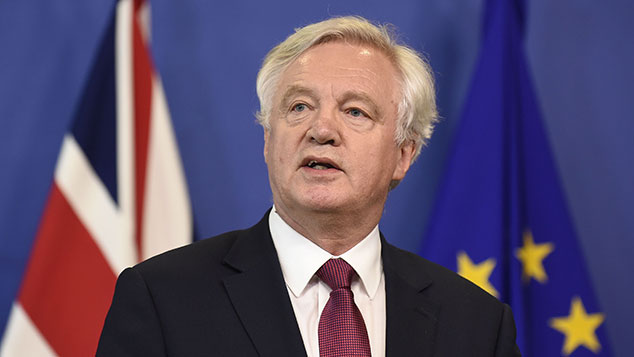
One of the biggest concerns of many people is how Brexit will affect small companies and entrepreneurs. To get a view of the type of problems that the sector could face, we’ve decided to approach Luke Davis of IW Capital.
IW Capital is an investment company that was set up seven years ago to help people make investments through the Enterprise Investment Scheme (EIS); it now also offers more traditional private-equity style investments – both debt and equity funding from £1m to £10m. One of its most prominent investments is in the currency exchange firm We Swap.
The good news is that “there has been no appreciable negative impact on IW Capital so far since the referendum eighteen months ago” says Davis. This may just be a reflection of IW Capital’s primarily UK focus than a sign that Brexit will be beneficial. Indeed, most of the companies that IW has invested in haven’t reached the stage where they are ready to expand into other countries. Similarly, IW won’t be directly affected by any post-Brexit European restrictions on UK funds because 90% of IW’s investors are domiciled in the UK.
IW Capital’s extremely rapid growth of around 300% over the past two years may be a sign that all is not well with the wider financial system – as a provider of non-traditional finance, firms like IW tend to experience rapid growth when traditional lenders get cold feet. The classic example of this was during the financial crisis of 2007-09, when traditional lenders effectively shut up shop and stopped lending to small companies. This led to an explosion in demand for alternative sources of funding, which could fill the gap left by the established players.
But there is little room for complacency, says Davis. Many SMEs and startups may end up losing out as Britain leaves the single market: companies will have to adjust to the costs of additional regulation, and may face additional barriers if they want to trade with Europe. Business sentiment has worsened over the past 18 months, with both investors and business leaders much more pessimistic. Davis can also see “on a personal level” evidence of a “reverse brain drain” as EU staff leave the UK and return to their home countries.
Given this challenging outlook, “it is important that smaller firms are supported through the tax system and through grants” argues Davis. SMEs would also “welcome any deregulation or trade opportunities that would make it easier to do business”. Indeed, the goal should be to ensure that any changes and upheaval ends up encouraging more innovation to take place. Above all everyone, including policymakers, needs to remember that, “this sector of the economy employs most people”.
Davis is happy to report that, in his view, the government seems to have understood this message, since some of its policies seem to have been designed with the needs of SME firms in mind.
The most obvious example of this was that in last year’s Autumn Statement. The chancellor came out very strongly in support of reforms designed to increase investment in the financial technology sector. One measure that was particularly welcome from Davis’ perspective was the decision to double the amount of money that investors can put into “knowledge-intensive companies” (as opposed to lower-risk investments) via EIS, from £1m to £2m.